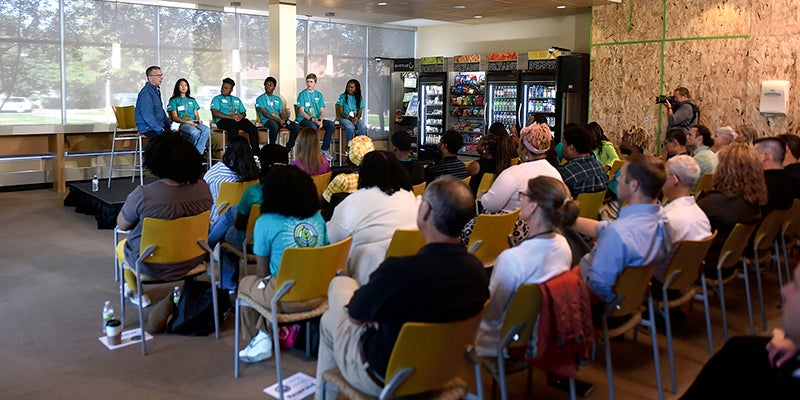Vikings stadium: Gaming revenues still projected to pay large part
Published 10:37 am Monday, September 22, 2014
By Doug Belden
St. Paul Pioneer Press
Electronic pulltabs may have flamed out as a revenue source, but the industry of which they’re a part — charitable gaming — is expected to generate more than a quarter of the money the state needs to pay for the new Vikings stadium.
Data from Minnesota Management and Budget provided to the Pioneer Press show the state is projecting roughly $7 million a year in taxes on charitable games to help pay off the stadium bonds. That would be $241 million over 30 years, 27 percent of the total $881 million debt service.
The vast majority of the money to pay off the bonds is coming from corporate tax revenue and Minneapolis sales tax revenue.
The Pioneer Press requested the information from MMB to show how much will be owed each year on the stadium bonds and where that money will come from.
The data, requested in February, was provided this past week.
E-pulltabs grabbed public attention early in the stadium-financing discussion, touted as the spark that would supercharge charitable gaming overall and throw off enough tax revenue to pay the state’s entire $348 million piece of the $1 billion stadium.
Instead, they fizzled and were replaced last year by other revenue sources.
The other charitable games largely disappeared from the public conversation, but they’ve been quietly chugging along.
The stadium gets tax revenue from all forms of charitable gaming — electronic, paper, raffle, paddlewheel, etc. — above a certain level. Gross receipts from those games have grown 6 percent in the past year, in part due to the improving economy, officials said.
Driving the growth has been paper pulltabs, which state gambling control board executive director Tom Barrett calls “the bread and butter of the industry.”
They account for 90 percent of total charitable gaming receipts and continue to grow in popularity. A record number of paper pulltab games were submitted for board approval last month, Barrett said.
“We still think that charitable gambling will be a revenue source; that’s why it continued to be in the law and part of this financing structure,” said Jim Schowalter, MMB commissioner.
“Charitable gaming is more than just e-pulltabs,” he said. “The details of the bill, the details of the financing structure really was about the whole industry.”
MMB forecast last November that $9 million would be available for the stadium in 2014-15 from charitable gaming receipts. The latest estimate is $12 million.





